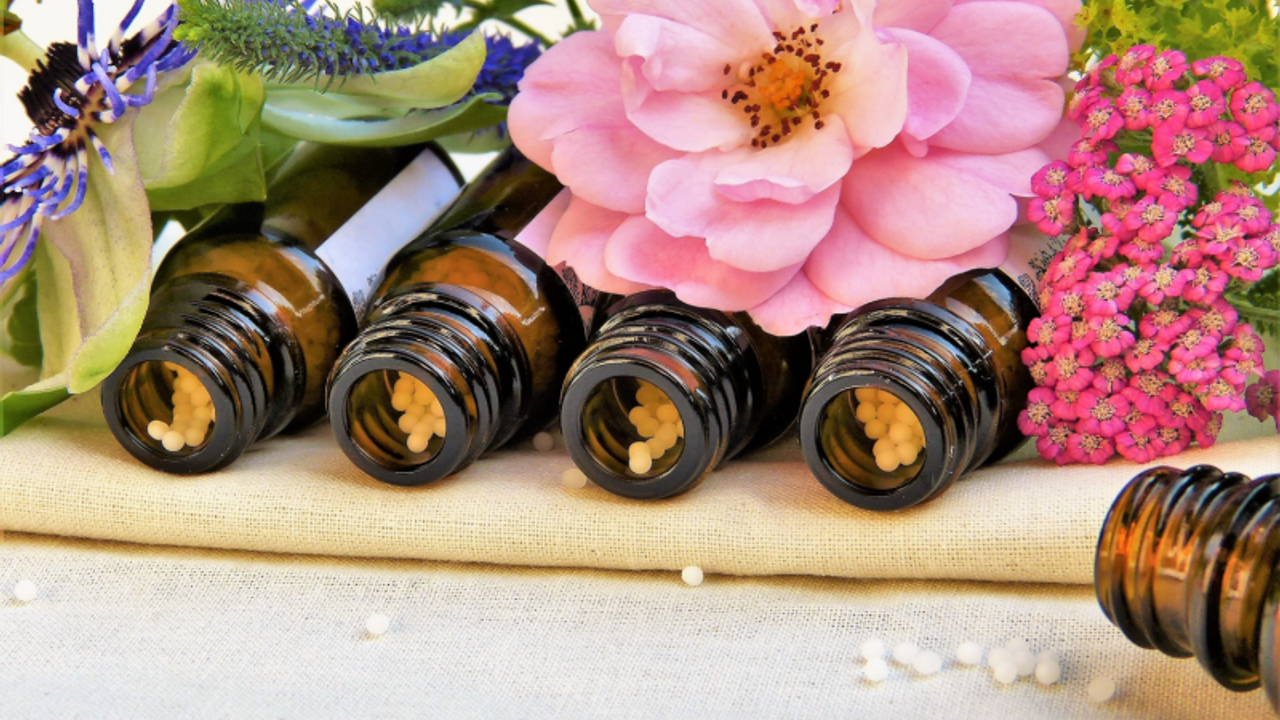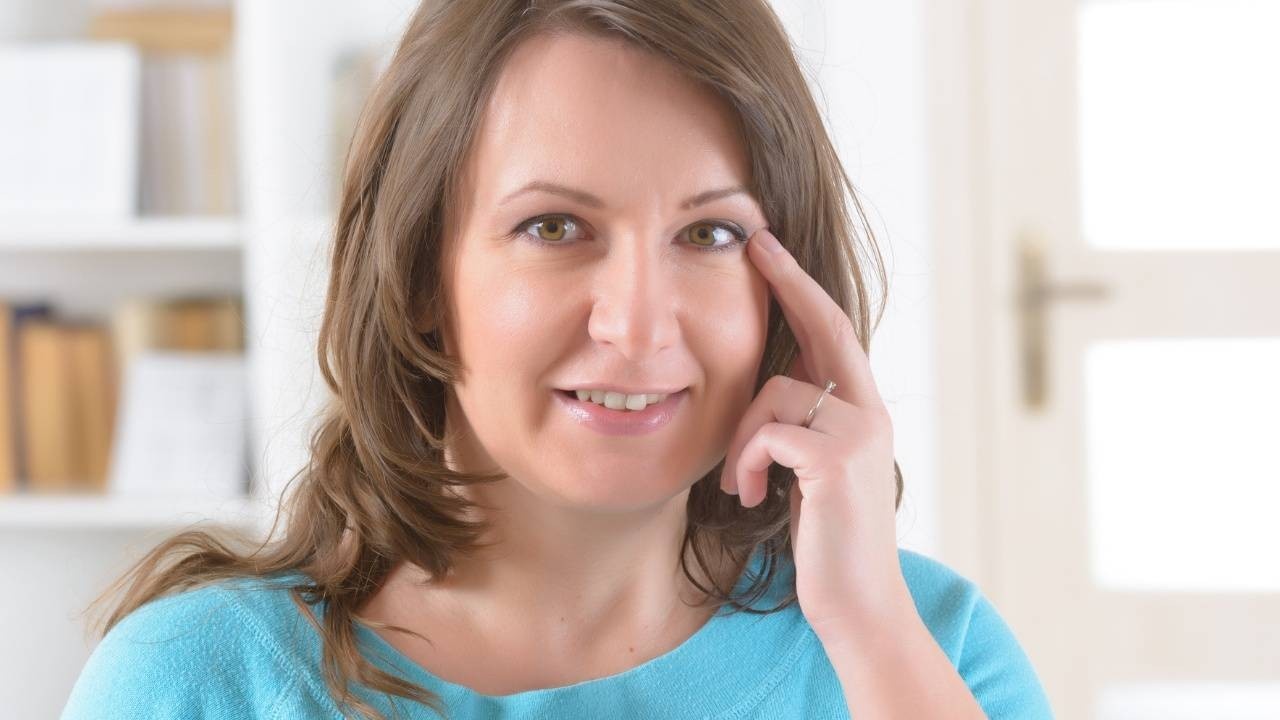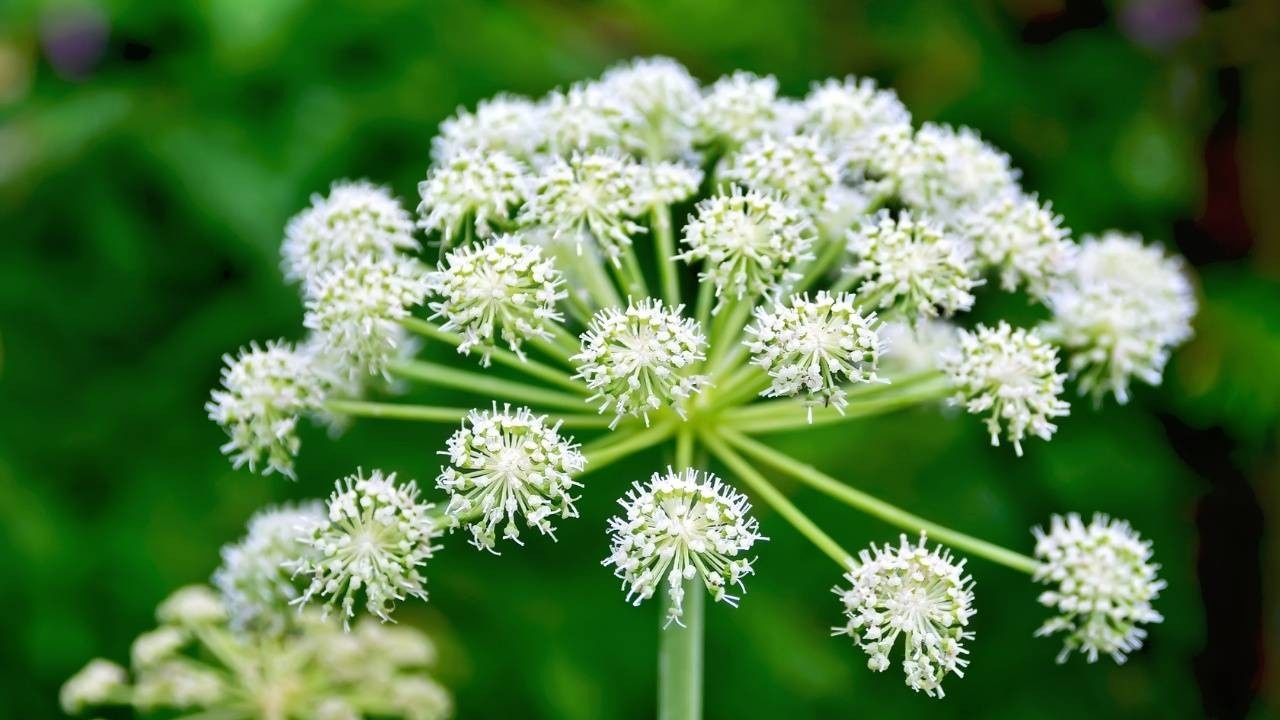Homeopathy Tips Newsletter
Case-Taking Methodologies in Homeopathy

One question about different methodologies in Homeopathic medicine has caught my attention. It is a common challenge when learning about homeopathy to know which method to use and which method works. There is a fairly simple answer.
If we are doing classical homeopathy, then Hahnemann has spelled out pretty clearly how homeopathy should be practiced. The Organon is the most direct source for this information. Yet within modern classical homeopathy different teachers and approaches have proposed different methods for achieving success with prescribing.
The most important point is the homeopath being able to "see the case". Without this skill, no method will be helpful. What does "seeing the case" really mean? It means that the trained homeopath is observing everything that the client is saying and sometimes very literally, without prejudice. It is imperative to let the words the client is saying speak to their expression of their vital force. They do not choose those ...
Potency and Homeopathy

Homeopathy, based on the "Law of Similars", makes the selection of the remedy one of the most difficult tasks for homeopaths. But the question of potency is also one of the big hurdles for homeopaths as well. What are the rules for potency selection? How do we decide what potency to select? There are probably as many opinions as there are homeopaths, but I want to share with you my thoughts. Please include your own below.
Hahnemann explains potency in Aphorism 29 of the Organon. " ....so in every homeopathic cure this principle of life dynamically altered by natural disease is seized through the administration of a medicinal potency selected exactly according to symptom-similarity by a somewhat stronger, similar artificial disease-manifestation."
What Hahnemann is saying is that the properly selected homeopathic remedy must be given in a potency that is slightly stronger than the dis-ease expression of the vital force. How do we determine what potency is best for any given expressio...
What Does It Take to Be a Homeopath?

Handling Difficult Cases

In the course of seeing hundreds of clients, there are those that do better than others. And then there are those that do not seem to respond in any of the expected ways. I define these as "difficult cases."
For every case, the main indicator that the remedy is working is movement. The question I ask myself is, "Is there movement in the case?" Movement to me is symptoms or events in the person's life changing. There will be evidence that the vital force is expressing in a greater way than before. Sometimes this may be indicated by aggravations or return of old symptoms. Other times it is indicated by a greater sense of well-being or new events in the person's life. Anything that can be understood as movement in the case will keep me feeling that the remedy is helping, if only a little bit. Then I must retake the case and look for more clues to a better remedy or trust that their healing is happening but just not on my expected time schedule. These cases are a little more challenging b...
Treating Acute Illness During Chronic Care

Acute illnesses commonly happen during chronic or constitutional care. This can be challenging for homeopaths since the healing response to the original chronic or constitutional remedy can often be disturbed. What do we do then when new symptoms appear?
The approach to acute illness during chronic care is primarily determined by the kind of chronic care that has been given. It is one thing to treat acutes when there has been a healing response to a single high potency remedy. But quite another when the daily dosing of a remedy is now being affected by a new acute illness. Let's go through some of the possibilities and discuss the best approaches.
When a constitutional remedy is working and a new, acute illness happens, the same remedy that has brought the person to the new acute will be indicated and also help through the acute. Often that new acute expression is a part of the greater healing process. I find if the acute is not severe and the suffering is bearable, the best approach...
Every Case on Its Own

One of the greatest challenges for homeopaths is knowing when to let go of an idea about a case. This difficult task arises when we have seen cases similar to the one being received in the present. Often, we will project aspects of a previous case into the case we are working on. This is a process that the mind naturally wants to do. It is a function of the ego to justify and support our thoughts. But this is very dangerous in homeopathy.
Many times we will have had an experience ourselves similar to the client before us. In a casual setting, one would share from a similar perspective our own experience. We can relate to another in this way; it helps us make connections to the person before us. This all comes very naturally in life. But as a homeopath, this tendency creates a very big obstacle if we are to remain unprejudiced observers. Our natural tendency to share our story with another person with a similar story needs to be suspended, especially during the case-receiving process.
...Using Tapping to Support Healing

There are many different adjuncts to homeopathy that can help a person heal. One of them is "tapping." Tapping is an easy, self-directed, and quick way to change the energy of the suffering person. It can be used for mental, emotional, or physical ailments and is very, very safe.
I am unsure of the originator of tapping but it has become increasingly popular in the last few years and for very good reason...it works.
You can tap for a variety of ailments including fears, traumatic situations, anxiety, pain, or virtually anything that you are wanting to feel different about. Very quickly your energy will shift. It is not necessary to understand the mechanics of tapping to have it work.
Tapping is a light finger tap on specific acupuncture meridian junctions that gently stimulate the energy of our whole being. Tapping while speaking about the problem we want to change will interrupt the thought field and create an opening in our consciousness for a new thought form to replace it. Tappi...
The Preventable Aggravation

Aggravations are part of the homeopathic healing process. They can be mild or severe. And they can be managed so that they do not interfere with life so much. They can also be mismanaged and even created by improper prescribing. I will go over a common mistake and how to avoid it.
Posology is the study of potency and the frequency of the dose. The selection of the remedy is based on the individual. The selection of the potency and how to apply it is also based on the individual. This is a slightly different process to select the correct posology.
I find that most cases are much easier to manage with lower potencies and daily dosing. A daily dose is in harmony with our own biorhythms. The sun rises each day and the sun sets each day. By giving a daily dose, one time per day, it is inviting the vital force to respond to the remedy based on our own biorythm.
Because lower potencies are traditionally less aggravating, they are much easier to manage this way. It is simply inviting the v...
The Indications of Biochemic Cell Salts

Biochemistry is a foundational understanding of using body constituents to help the body heal. Its roots date back to 1832 where a statement was written in Stapf's Archiv: "All the essential component parts of the human body are great remedies." Another article in the same journal from 1846 reads, "All the essential component parts of the human body act on such organs principally where they have function."
It was in 1873 that Dr. Schuessler published his first article about the biochemical form of medicine. He identified a basic understanding about this medical view. It is based on three main principles.
- The human body contains twelve vital inorganic elements which are responsible for maintenance of normal cell function.
- When from some cause, one or more of these elements become deficient the normal cell function or metabolism is disturbed and a condition arises known as disease.
- By supplying to the system the lacking elements in the form of Schuessler Biochemic Remedies normal c ...
Understanding Cicuta Virosa

Over the course of the last 10 years, I have found that there are about 700 different remedies that I have prescribed. Some remedies only once and others much more often. But on occasion, there will be a time when after years of not prescribing a remedy, it will be indicated two or three times in one week. Each time this happens, I carefully examine myself for prejudice. But it seems there will be times when the energy of a remedy will be "in the air." This is a good time to learn more about a remedy. Lately, Cicuta Virosa has been coming around. Rather than repeat Materia Medica, I want to share some observations of cases of Cicuta.
Cicuta Virosa is commonly called Water Hemlock. It is very poisonous and even if a very small amount is ingested, it can lead to convulsions and death. Its most common homeopathic indications are convulsions from epilepsy causing stiffness, vomiting, and the head twisting to the side during convulsions.
In all the cases I have seen most recently, there h...

